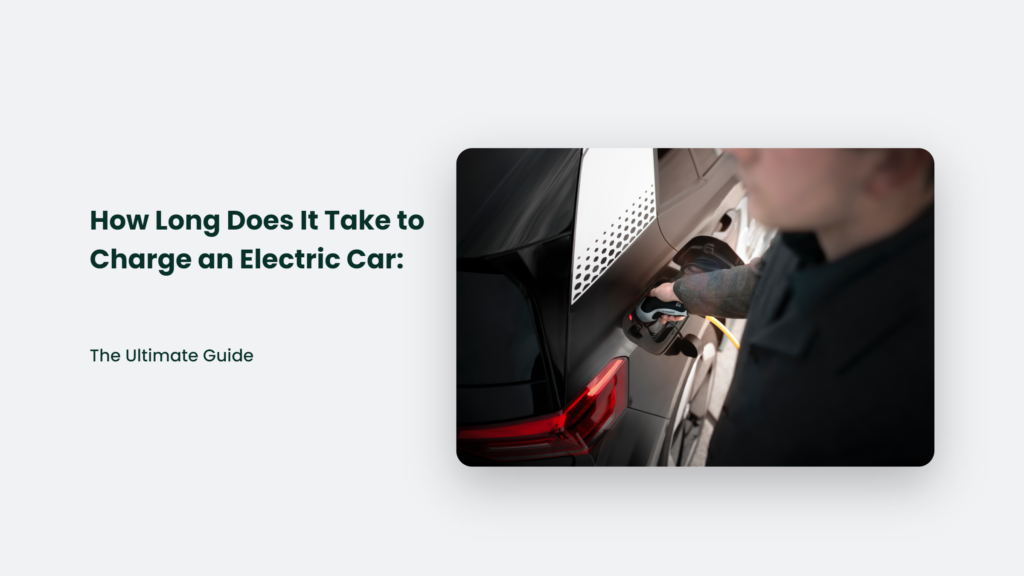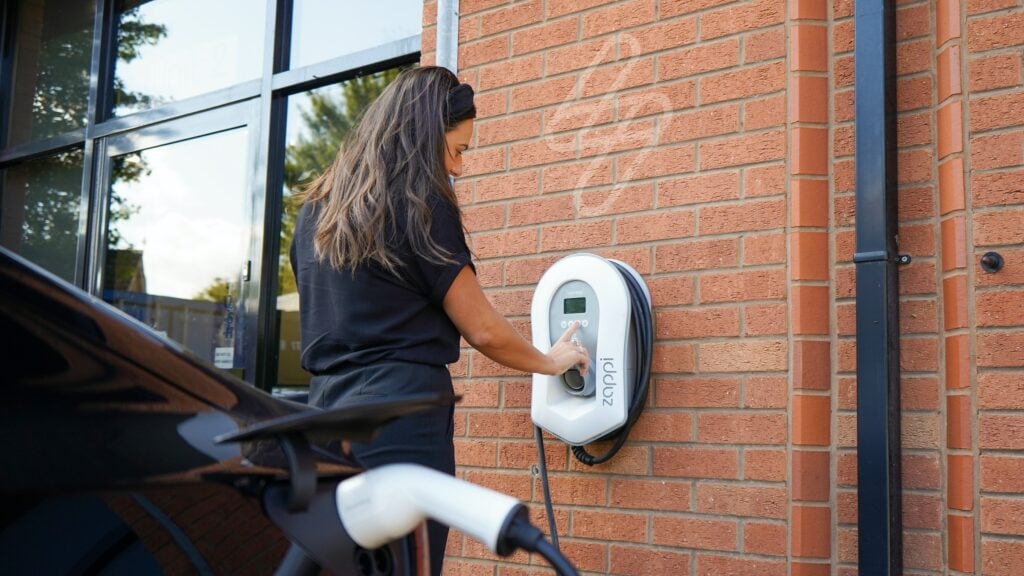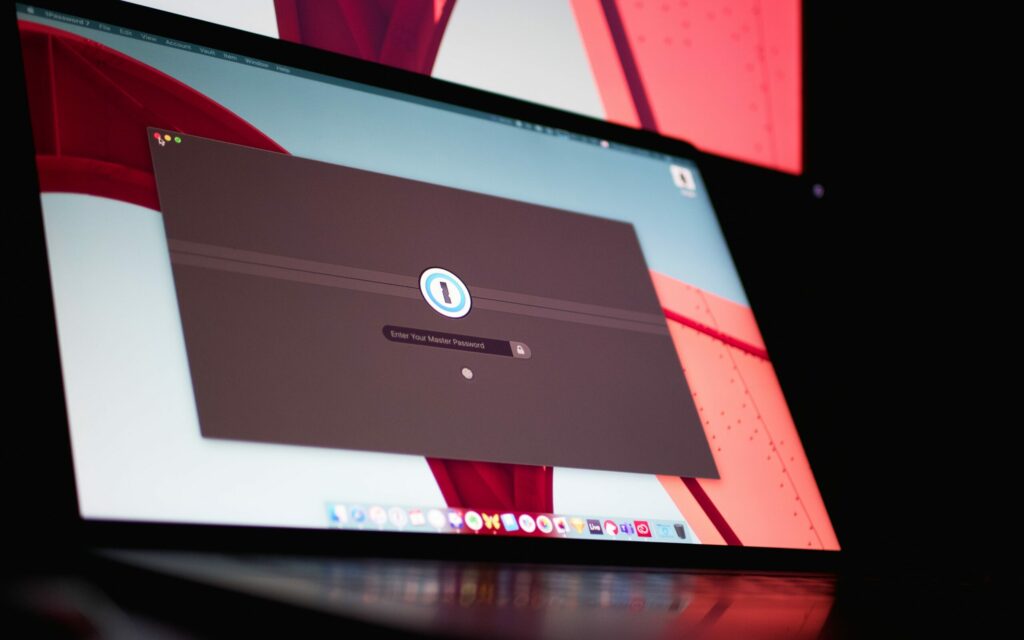You’ve probably heard the buzz about electric vehicles (EVs) and their potential to revolutionize how we drive. But one question often arises “How long does it take to charge an electric car?” In this comprehensive guide, we’ll explore the ins and outs of EV charging times, share some anecdotes and insights, and even throw in a few jokes for good measure.
The Charging Conundrum
Charging an electric car can be a breeze or a logistical nightmare, depending on the type of charger you use and the availability of charging stations. With the rise of EVs, governments and industry leaders are working to improve the charging infrastructure and make it more convenient for drivers. But how long does it actually take to charge an EV?

Charger Types and Speeds
There are three main types of EV chargers: Level 1, Level 2, and Direct Current Fast Charging (DCFC). Here’s a quick breakdown of their charging speeds:
- Level 1: These chargers use a common residential 120-volt (120V) AC outlet and can take 40-50+ hours to charge a Battery Electric Vehicle (BEV) to 80% from empty and 5-6 hours for a Plug-in Hybrid Electric Vehicle (PHEV).
- Level 2: These chargers have a power output of 7 kW to 19 kW and can charge a BEV in 4-10 hours and a PHEV in 1-2 hours. They add an estimated 10-20 miles of electric range per hour of charging.
- DCFC: These chargers offer rapid charging along heavy-traffic corridors and can charge a BEV to 80% in just 20 minutes to 1 hour. Most PHEVs currently on the market do not work with fast chargers.
It’s important to note that the charging speed slows as the battery gets closer to full to prevent damage. Therefore, it’s more cost- and time-efficient for EV drivers to use DC fast charging until the battery reaches 80% and then continue on their trip.
The Impact of Charging Infrastructure
As of 2021, there were 1,777,000 publicly available charging stations worldwide, with 1.2 million being slow chargers and 577,000 being fast chargers. The growth rate of publicly accessible chargers was 37% at the end of 2021, with fast charging growth rate of 48%. Governments are focusing on installing more publicly available chargers to meet the growing demand for EVs.
Charging Times in Real Life: How Long Does It Take to Charge an Electric Car
In real-life scenarios, charging times can vary greatly depending on the type of charger used and the specific EV model. Many new electric cars can take up to 12 hours to charge using a Level 2 outlet. However, with the fastest available commercial charger, you could add 200 miles of range to an EV in just 30 minutes.
Frequently Asked Questions:
Can I charge my electric car at home?
Yes, you can charge your EV at home using a Level 1 or Level 2 charger. Level 1 chargers use a standard 120V AC outlet, while Level 2 chargers require a dedicated 240V circuit.
How can I find charging stations near me?
Some various apps and websites can help you locate charging stations in your area. Additionally, many EVs come with built-in navigation systems that can guide you to the nearest charging station.
Are there any incentives for installing an EV charger at home?
Some governments and utility companies offer incentives for installing EV chargers at home. Check with your local government and utility provider for information on available incentives in your area.
In Conclusion
The time it takes to charge an electric car depends on the type of charger used and the specific EV model. As the EV market grows, charging infrastructure is improving, making it more convenient for drivers to charge their vehicles. So, next time you’re considering an electric car, remember that charging times are becoming faster and more efficient, making EVs an increasingly attractive option for eco-conscious drivers.




